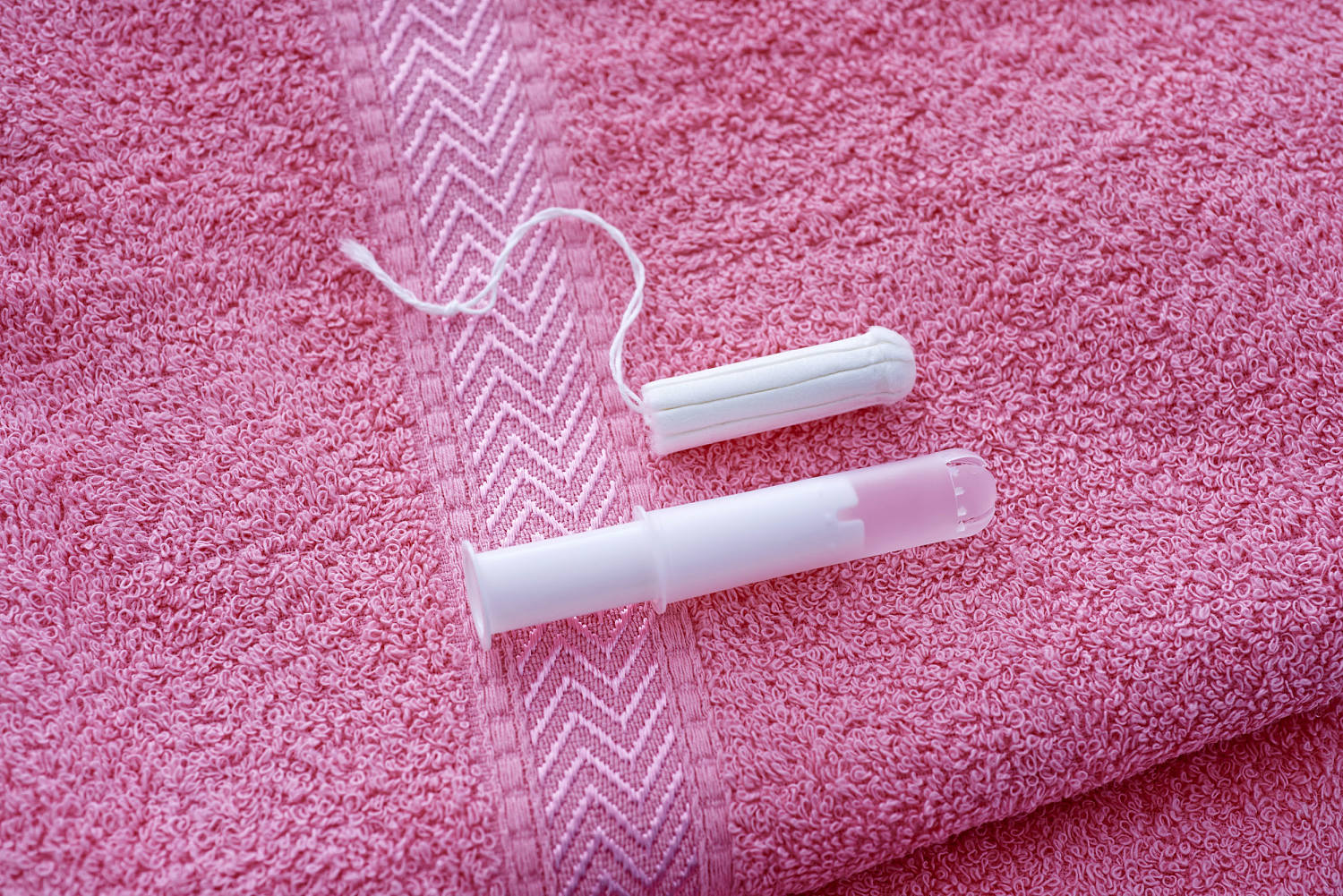
A third of teens and young adults in the U.S. can’t afford or otherwise access menstrual products, according to new research from Children’s National Hospital in Washington, D.C.
The study found that “period poverty” — that is, insufficient access to menstrual hygiene products and related education — appears to affect young people equally, despite differences in race, ethnicity, neighborhood or whether they have health insurance.
“We were really surprised by how widespread of an issue this is,” said Dr. Monika Goyal, a pediatric emergency medicine specialist and co-director of the Center for Translational Research at Children’s National.
Goyal and her colleagues are scheduled to present their findings, which have not yet been published in a peer-reviewed journal, at the annual meeting of the American Academy of Pediatrics in Orlando, Florida, on Saturday.
For the study, the researchers surveyed 1,816 young people ages 13 to 21 who came into the emergency room at Children’s National from mid-January of this year through the end of June.
Teens and young adults were said to be experiencing period poverty if they said they’d either had to use rags or tissues during their period over the past year or didn’t have the money to buy tampons or pads.
Goyal said the findings aren’t rooted in the occasional situations that most women have found themselves in — being caught off guard by the start of an early cycle without a menstrual product on hand.
“This is reflective of a larger issue with respect to access,” she said. “This is about having difficulty affording menstrual health products.” According to the data analytics company NielsenIQ, average prices for tampons rose by nearly 10% in 2022, and more than 8% for pads.
Of the 1,816 responses, 597 reported period poverty, or 32.9%.
The percentage seems to be higher than what’s been found in previous research.
“At first I heard 1 in 5, then I heard 1 in 4, and now we’re hearing 1 in 3,” said Dr. Shelby Davies, an attending physician in the adolescent medicine division at Children’s Hospital of Philadelphia.
But that doesn’t necessarily mean the number of teens going without proper menstrual products is increasing, said Davies, who was not involved with the new research.
“What it could indicate is that we as a society are talking about it more,” Davies said. “I think the early numbers might have been skewed just based on what people felt comfortable talking about. We were likely underrepresenting the issue.”
Infections, depression and school absences
When young women are forced to use unhygienic products such as rags or menstrual products that have already been used, it greatly increases the risk of bacterial infections in the vagina and urinary tract.
Some young people may skip school, sports or other social activities because of a lack of access to menstrual products. Previous research has linked period poverty to depression among college-age women.
While prices of menstrual products and spot shortages in tampons may affect some women more significantly than others, study co-author Meleah Boyle, a staff scientist at Children’s National, said the new findings held regardless of race or socioeconomic status.
“Youth who are living in neighborhoods with high opportunity had similar rates of experiencing menstrual inequity as those living in areas or neighborhoods that were underresourced,” Boyle said. “This is impacting everyone.”
Some states are passing legislation to increase access to menstrual products in schools. Starting in 2024, Minnesota law requires public schools to provide them for free to any student in need, starting in the fourth grade. Alabama, California, Colorado, Illinois, Maine, Maryland and New Mexico have similar laws, according to Aunt Flow, a company that supplies schools and businesses with menstrual products that can be given to students and employees for free.
How pediatricians can help
Davies said pediatricians can help teens open up about whether they’re experiencing period poverty by asking questions beyond the typical, “When was your last period?”
Her recommended questions are:
- How heavy are your periods?
- Do you feel in control of your periods?
- How do you feel when you’re on your period? Are they painful?
- What are you using to manage your periods? Are you able to access tampons or pads? What barriers do you have?
“Women’s health in general has been deprioritized,” Goyal said. “Just like toilet paper is readily available in all restrooms, we’d love to see improved access to free menstrual products everywhere.”








